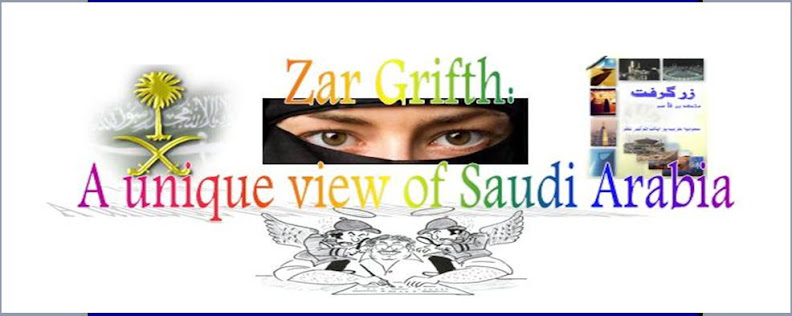Saudi film festival is cancelled in state crackdown on culture
Saudi Arabia's only film festival has been cancelled, dealing a blow to reformist hopes of an easing of clerical control over culture that was raised by the low-key return of cinemas in December.
In a country where cinemas were banned for almost three decades, the Jeddah Film Festival has since 2006 presented aspiring Saudi film-makers and actors with a rare opportunity to mingle with more experienced peers from other countries. On the eve of the festival, Mamdouh Salem, one of the festival's organisers, received a call. He said: "The governorate of Jeddah notified us of the festival's cancellation after it received instructions from official parties. We were not told why."
Abdullah al-Alami, a Saudi writer, said he was not sure why the fourth Jeddah festival, expected to start in the Islamic kingdom's most liberal city this weekend, was cancelled.
"However, there is a trend of attacking cultural festivities," he added. "This is a dark day for art and literature in our modern history." King Abdullah has tried cautious reforms in the kingdom, a US ally which has no elected parliament, but diplomats say he is facing resistance from conservatives opposing changes.
Many Saudi religious conservatives believe films from more liberal Arab countries such as Egypt could violate religious taboos. Some also view cinema and acting as a form of dissembling inconsistent with Islam.
"The film festival was cancelled upon indirect instructions from the interior ministry," said an official at the information and culture ministry.
Cinema made a low-key return in December with the showing in Jeddah and another southern city of the Saudi comedy Menahi. The film, produced by a company owned by King Abdullah's nephew, Prince Alwaleed bin Talal, attracted such large numbers that it had to be screened up to eight times a day. It was shown before mixed audiences, a rare thing to happen in a country that bans unrelated men and women from mixing.
But there was a sharp reaction from Ibrahim al-Ghaith, the former head of the kingdom's religious police, which showed the opposition from hard-liners to efforts to open up the society. He said cinema was an evil, although he eased his tone 24 hours later to say cinemas should show good things and not violate teachings of Islam.
In February, King Abdullah removed Mr Ghaith and another influential cleric in a wide government reshuffle. However, when the film came to the the more conservative capital, Riyadh, local newspapers reported that conservative Saudis, including volunteers with the religious police, tried to disturb the screening. The Saudi Interior Minister, Prince Nayef bin Abdul-Aziz, later signalled his backing for the religious police saying they were on a par with the security forces.
Prince Alwaleeed was undettered. His company, Rotana, boldly put itself up as the main sponsor of the Jeddah festival, donating proceeds from his film. The week-long festival was to have featured a competition between eight feature films made in the Gulf – two from Saudi Arabia itself – and show dozens more shorts by local and regional film-makers.


No comments:
Post a Comment